How often do you actually trust your own advice?
From the day we’re born, we’re each conditioned to look to external sources for guidance. We rely on parents, teachers, and other authority figures to point us in the right directions.
And now, even as an adult do you find yourself always looking to experts, leaders, institutions, or even social media influencers for the answer?
There’s so much information out there with books, courses, videos, speeches, articles… the list goes on and on. And it’s amazing! How fortunate are we to live at a time when this kind of expertise is so easy to access!
In fact, I’ve been elbow-deep in some really eye-opening trainings myself around this topic. I’ll share more on that later*, but for now I’ll apologize that I’ve been pretty quiet here for the last little while because of that.
So yes, I definitely know there’s power in looking to others for inspiration.
And at the same time, I also firmly believe that YOU are the best adviser and expert of your own life. You know better than anybody else what’s right for you. No matter how much or how little “expertise” you have on a matter, your heart and your gut already know the answers that are best for you.
Sadly, society tells us from early on that we can’t trust our own self-inquiries. In school, we learn how to memorize facts, succeed the “right” way, follow rules, and conform to established norms. Of course, this conditioning leads us to doubt our own inner wisdom. We’ve been told since we were little that others know better than us, and that our personal insights are insufficient.
And we’ve accepted this, because it’s easier. Trusting somebody else offers us certainty and predictability.
Looking inward for answers can feel scarier and messier. It can require exploring our own thoughts and emotions, which oftentimes are anything but certain or predictable. We can feel incredibly vulnerable when we look inwards. Maybe we don’t have all the answers, and that’s uncomfortable. It exposes our limitations and imperfections.
And what if our beliefs go against the social norm?
That can be a scary thought too, since we’re social creatures who have lived our entire lives being applauded for going along with the crowd.
In short, it’s hard trusting yourself. I know. But I’m here to assure you that if you want to be the person you’re truly meant to be and live the life that you truly want to live, it’s the only option. Especially in this world of ours that’s just getting more chaotic and uncertain. If we don’t stand firmly in our own beliefs and intuitions, we will lose ourselves in the shuffle.
The answers are so intimately engrained within each one of us. Once you start actively looking inward, you’ll be blown away by how much information is already inside of you. And it doesn’t have to be messy or complicated. When you go even deeper than what your brain is trying to say, you’ll notice just how much knowledge your body holds. Those “gut feelings” are real. And smart.
Think back to our ancestors who lived in the wild. They had to trust their gut intuitions to protect them, with no time to let the brain or emotions get involved. It was the only way they could survive.
That DNA still exists within us. Our bodies know what we need to help us survive and thrive.
So whether you’re questioning something in parenting, your career, or just life in general, I encourage you to trust your own advice. Trust your gut and your intuition to help guide you. I promise you, it won’t just lead you to clearer answers in your life, but it will also lead you to greater self-awareness, authenticity, and inner peace.
If you don’t know how to start, here are three simple tools to help:
1. Quiet Your Mind
Intentionally set aside a few moments of stillness in your day. This can include meditation, deep breathing, spending time in nature, or simply sitting by yourself. Try not to overthink this; sometimes the best answers come when we’re in our simplest minds.
2. Pay to Physical Sensations
Notice how your body reacts in different situations. You’ll quickly start to recognize when you feel tension, ease, discomfort… These physical sensations can give you valuable clues to what your gut is trying to tell you. Honor those sensations.
3. Invite Self Reflection
Try journaling. Writing down your intuitive feelings can be a great way to help you process and name what your gut is saying. Make sure to write down both the moments when you’ve found your intuition to “work” as well as when it hasn’t. This will help you notice patterns and track your progress.
* As a coach, my intention is to meet my clients exactly where they are and ignite an unstoppable drive for growth, believe and excitement to connect to and share their core essence and super powers with the world. With that in mind, I recently started an 8-month generative coaching program with Invite Change. This will earn me the PCC (Professional Certified Coach) credentials with the International Coaching Federation. In addition to this, I also began a training on “Compassionate Inquiry.” This is a trauma-informed psychotherapeutic approach based on the work of Dr. Gabor Maté and Sat Dharam Kaur ND. It reveals what lies beneath the appearances we present to the world, and invites us to go inwards. To be curious about difficult emotions and the beliefs that arise when these emotions are triggered.





